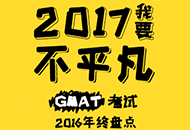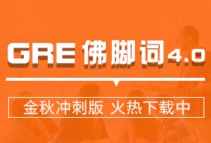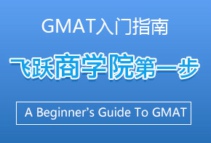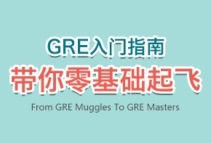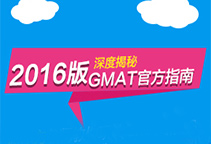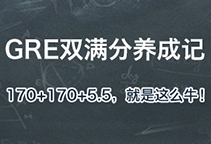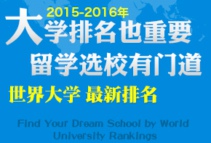2015年2月GMAT作文机经之Olympic Foods
2015-01-21 13:42
来源:新东方网整理
作者:芝士猫
2015年1月19日GMAT考试刚刚完成了新一轮题库更换。这次短库让很多考生感到措手不及,但请不要惊慌!新东方网GMAT频道在此为各位考生整理了2015年2月GMAT作文机经之Olympic Foods,供考生们参考使用,希望对各位备考能有帮助。
想让机经来得更猛烈些?请戳>>2015年2月GMAT作文机经汇总
Olympic Foods
本月原始原题
The following appeared as part of an annual report sent to stockholders by Olympic Foods, a processor of frozen foods.
“Over time, the costs of processing go down because as organizations learn how to do things better, they become more efficient. In color film processing, for example, the cost of a 3-by-5-inch print fell from 50 cents for five-day service in 1970 to 20 cents for one-day service in 1984. The same principle applies to the processing of food. And since Olympic Foods will soon celebrate its twenty-fifth birthday, we can expect that our long experience will enable us to minimize costs and thus maximize profits.”
参考思路
1. 错误类比:The food industry is not analogous to the color film industry. 食品行业与彩色胶片行业不能等同。
2. 因果关系:Other factors that may contribute to the cost decline of the printing cost should be considered and ruled out. 彩色胶片例子中的成本降低不一定是因为组织学习增加效率,还可能是技术改进、原料价格下降、福利增加激励员工等。
3. 无根据假设:The conclusion of the argument is based on a gratuitous assumption that the company can minimize cost and maximize profit because the company has been conducted for 25 years. 因为 (1)不是有经验就可以节约成本 (2)不是cost下降profit就会增加,只有在销量不减少或者增加的情况下才成立
参考范文
Citing facts drawn from the color-film processing industry that indicate a downward trend in the costs of film processing over a 24-year period, the author argues that Olympic Foods will likewise be able to minimize costs and thus maximize profits in the future. In support of this conclusion the author cites the general principle that “as organizations learn how to do things better, they become more efficient.” This principle, coupled with the fact that Olympic Foods has had 25 years of experience in the food processing industry leads to the author’s rosy prediction. This argument is unconvincing because it suffers from two critical flaws.
First, the author’s forecast of minimal costs and maximum profits rests on the gratuitous assumption that Olympic Foods’ “long experience” has taught it how to do things better. There is, however, no guarantee that this is the case. Nor does the author cite any evidence to support this assumption. Just as likely, Olympic Foods has learned nothing from its 25 years in the food-processing business. Lacking this assumption, the expectation of increased efficiency is entirely unfounded.
Second, it is highly doubtful that the facts drawn from the color-film processing industry are applicable to the food processing industry. Differences between the two industries clearly outweigh the similarities, thus making the analogy highly less than valid. For example, problems of spoilage, contamination, and timely transportation all affect the food industry but are virtually absent in the film-processing industry. Problems such as these might present insurmountable obstacles that prevent lowering food-processing costs in the future.
As it stands the author’s argument is not compelling. To strengthen the conclusion that Olympic Foods will enjoy minimal costs and maximum profits in the future, the author would have to provide evidence that the company has learned how to do things better as a result of its 25 years of experience. Supporting examples drawn from industries more similar to the food-processing industry would further substantiate the author’s view.
想让机经来得更猛烈些?请戳>>2015年2月GMAT作文机经汇总
更多精彩内容尽在新东方网GMAT频道,同时也可关注我们的微信平台(微信号:newgmat)

(微信号:newgmat)
(编辑:马荟)

新东方网GMAT官方微信:新GMAT满分备考 (微信号:newgmat)
这里有大家关心的GMAT考试信息、备考技巧、留学资讯,第一时间与大家分享新东方独家消息,是考G之路上的必备良友。


